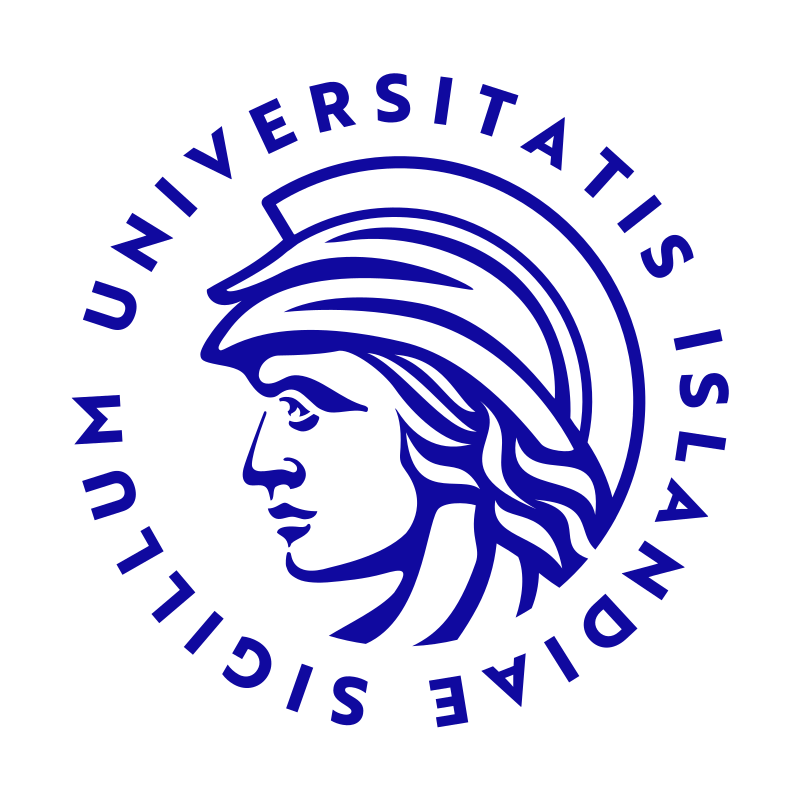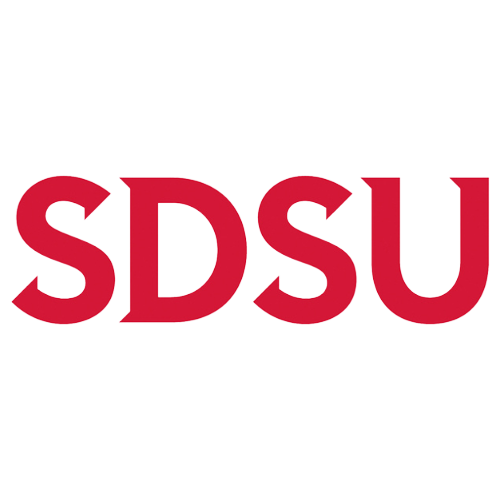Core Courses: The program may include core courses that provide a foundation in statistical theory, methods, and data analysis. These courses may cover topics such as probability theory, statistical inference, linear regression, experimental design, and multivariate analysis.
Specialization: Students may have the opportunity to specialize in specific areas within statistics, such as biostatistics, econometrics, machine learning, or Bayesian statistics. The curriculum may include a combination of required and elective courses related to the chosen specialization.
Statistical Computing: Statistics programs often emphasize the use of statistical software and programming languages for data analysis. Students may learn how to use software such as R, Python, or SAS to manipulate and analyze data, conduct simulations, and create visualizations.
Research and Projects: Students may be required to engage in research projects or statistical consulting work. This could involve collaborating with faculty members or industry partners on real-world data analysis problems, conducting independent research, or completing a thesis or capstone project.
Elective Courses: Students may have the flexibility to choose elective courses that align with their interests and career goals. These courses may cover additional topics in statistics, such as time series analysis, spatial statistics, categorical data analysis, or nonparametric statistics.
Show less















